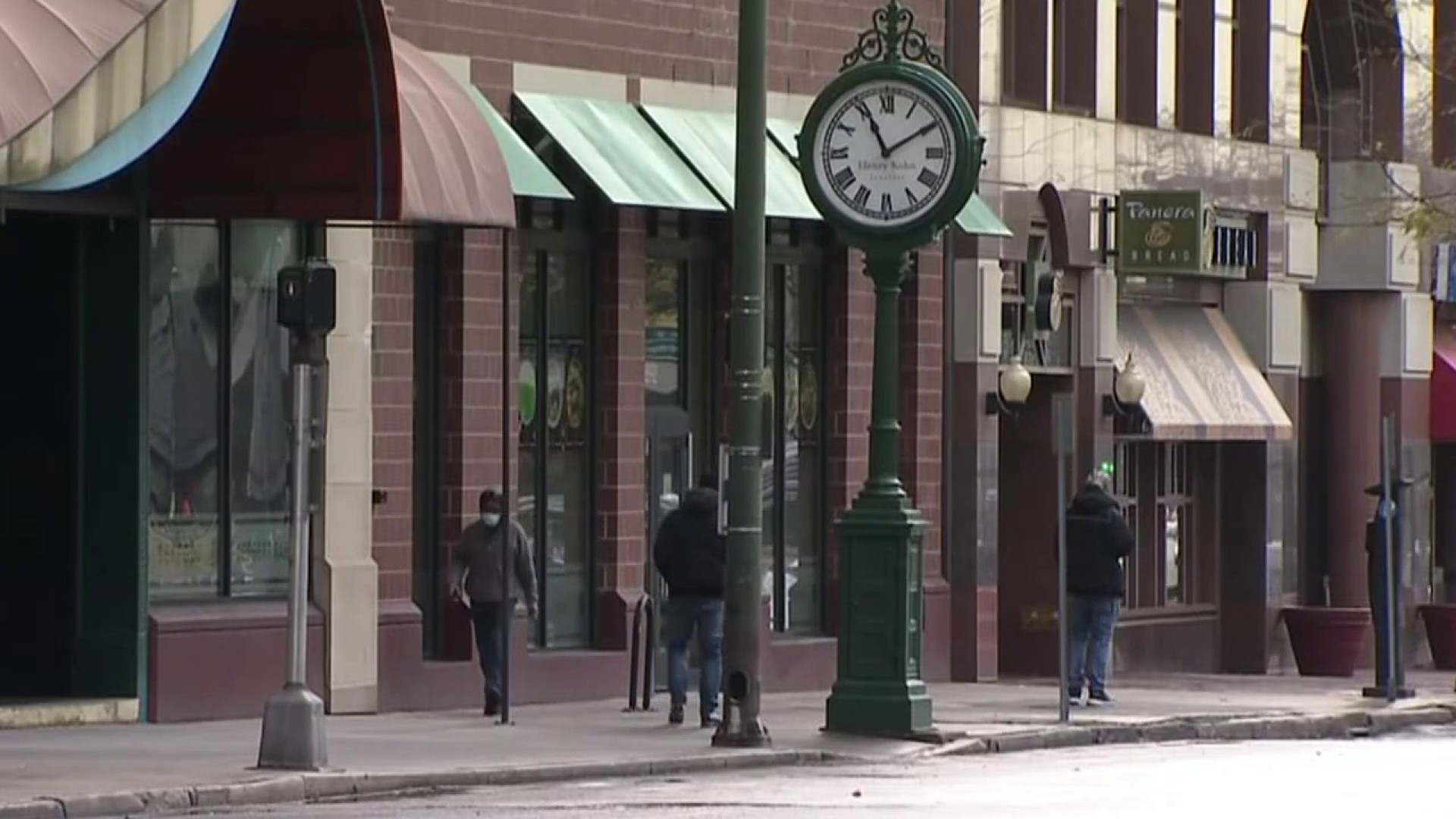Power companies that serve Connecticut are not happy with the state board that regulates them. Recently, they issued a statement saying Connecticut is one of the worst places in the country to invest in utilities.
So what does that really mean for those of us who have to pay the rates, or modernizing the grid, or getting ready for that large influx of electric vehicles in years to come?
NBC Connecticut's Mike Hydeck spoke with Senator Norm Needleman, a Democrat from Essex who serves as chair of the Energy and Technology Committee.
Mike Hydeck: So first up, is Connecticut the worst place to invest in utilities, and what exactly does that mean?
Get Connecticut local news, weather forecasts and entertainment stories to your inbox. Sign up for NBC Connecticut newsletters.
Norm Needleman: I do understand that this is a period of transition for the utilities to a slightly more accountable regulatory environment, and they're not happy about it. But I think that a large percentage of the population in the state of Connecticut has felt that we work for them instead of them working for us and change is never easy. We're trying to find our way through that. We have a stronger regulatory climate and I think as we move towards carbon reduction and meeting some of our environmental goals, the public wants to know that they're getting value for their money because there's no hiding the fact that this will cost more money, although it's incredibly important to get this work done.
Mike Hydeck: So the Public Utilities Regulatory Authority, or PURA, is three members and has been for a long time. I talked to the governor this week. He said he's leaning toward adding two members to the board. First of all, do you support that?
Norm Needleman: So that's obviously an executive branch and a governor's decision. If it was me, I probably wouldn't do that, I would probably just work to make sure that all three regulators were working equally, and putting in the time necessary to do the work ahead of them. That said, I know my lane and the governor has the right. That was done. We passed the law several years ago that would allow the expansion to five. There were a bunch of reasons why that was done at the time. That being said, he's well within his authority to do it. I'm not sure that that necessarily achieves what we want to achieve.
Face the Facts
Face the Facts with NBC Connecticut goes beyond the headlines, asking newsmakers the tough questions, giving an in-depth analysis of the big stories.
Mike Hydeck: So you might not want to answer this question, but I'm gonna ask it anyway. The two longtime members, Michael Caron and Jack Betkoski, their terms have expired. They're working on expired terms, but still serving. The governor also has the choice to replace them if he wants to. Should they stay on in your opinion?
Norm Needleman: Out of my lane.
Mike Hydeck: I thought you might say that. Alright, let's move on to the next part.
Norm Needleman: And I will say I like all three regulators. This is not at all personal, but the climate is changing. The complexity of the work is significantly more intense than it was in past decades. And I think, no disrespect to any of our regulators, we need three professional regulators on the board, or five. However the governor decides to do it, we need to know on the same front that our regulators are putting in all the time and effort necessary to do this correctly. Carbon reduction, environmental goals are complicated problems that we need to address and the public needs to know that one, the utilities are on their side, that we're as the legislature and the executive branch listening to their wants and desires. And at the same time, the regulators need to know that this is a very heavy lift and a lot of intense work.
Mike Hydeck: So how is performance-based regulation going to work when it comes to me, the customer? When I have to look at my bill and I say, "Well, the last storm they didn't do a good job." Is that going to change my bill at all?
Norm Needleman: Well, you know, to some extent it has because their cumbersome process has been for PURA to issue decisions when they felt that goals were not met or that procedures were not followed. This is more of a carrot and a stick thing. We're trying to, you know, we pushed through Take Back Our Grid and last year Senate Bill 7, which are meant to create this framework that incentivizes the utilities to perform well according to the standards that we expect them to perform, and at the same time, reward them when they do it and penalize them when they don't. You know, this is the world of utility regulation has been relatively stayed for a long time through very different times. And I think we're leading the charge on performance-based rate making, because we understand that money has to be spent. We want it to be spent well. We want to make sure that the utilities are accountable. We want to make sure that the public gets what they expect, and PBR seems to be a good way to do that. None of that standard to date has been applied in any of the penalty cases or rate cases. But we're hoping that over the next year or two, all of this gets promulgated, just like advanced metering was put out the other day and the equitable modern grid dockets are, they're working their way through a very complicated process, which is again why the regulators have to be working overtime, in my opinion.



